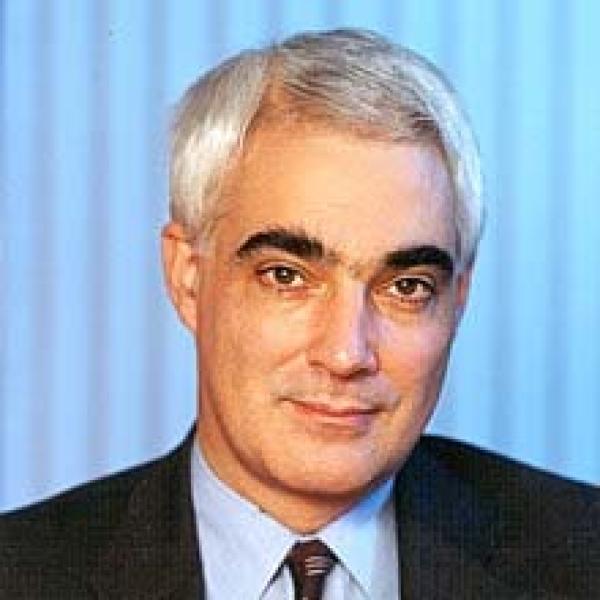Nigel Farage on the BBC Andrew Marr programme this morning alleged that because the IFS gets three quarters of its funding from the UK government and the EU that its research couldn’t be trusted. He specifically said “If you work for government and are funded by the EU and you’re asked to produce a report you tend to do what you’re told and you don’t bite the hand that feeds you”.
The facts are these:
- We are an independent charitable organisation and do not in any sense “work for” the UK government. We were not asked by either the UK government or the EU to produce any report on the implications of the UK leaving the EU, and we are certainly not told what to conclude in these – or any other – outputs;
- The IFS has for over 40 years been an entirely independent and fearless body, beholden to nobody, frequently and publicly criticising the policies of governments (and opposition parties) when merited;
- About half of IFS funding comes from the Economic and Social Research Council and a further 10% from the European Research Council. Further details are provided here http://www.ifs.org.uk/about/finance. The former is funded by the UK government and the latter by the EU. But they are wholly independent of each, awarding funding on a competitive basis only in response to proposals for research of world class academic quality, which are subject to external peer-review. We are proud to receive funding from these bodies as a mark of the quality and objectivity of our work;
- These are the same bodies that fund research in universities in the UK. To suggest that we “work for government” because of this funding arrangement, and that what we say is affected by that, is tantamount to suggesting that this is true of all university based academics. In fact these funding bodies operate explicitly to ensure distance between government and researchers as a way of ensuring academic freedom is protected. Mr Farage’s comments are an attack not just on the IFS but suggest that academic independence does not exist;
If Mr Farage disagrees with our economic analysis then we are happy to debate it with him. For him to suggest that what we say, right or wrong, is not what we actually understand to be true, but rather is influenced by our funders, is biased, or results from being told what to say by the UK government or the EU, is simply untrue.
(Note: Mr Farage also implied that the IFS, and others suggesting that Brexit might have negative economic consequences, supported joining the Euro. In fact IFS researchers have neither produced any research or reports, nor made statements, supporting the UK joining the Euro.).








